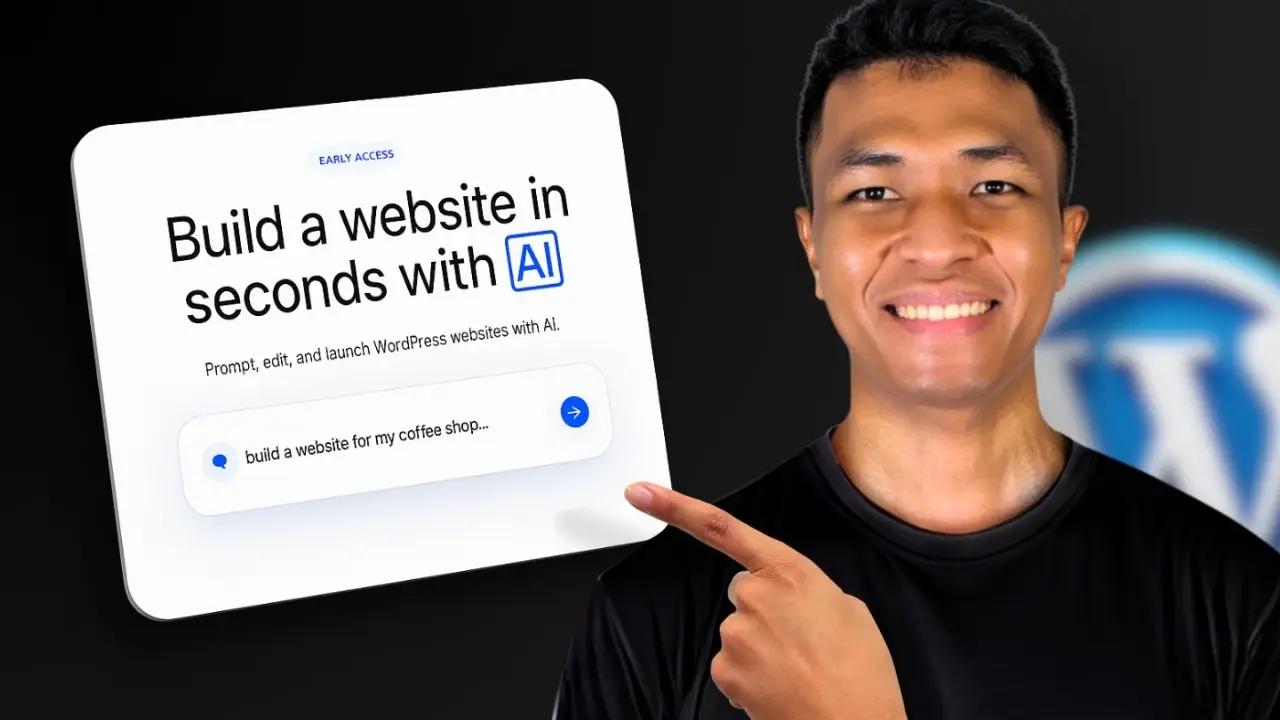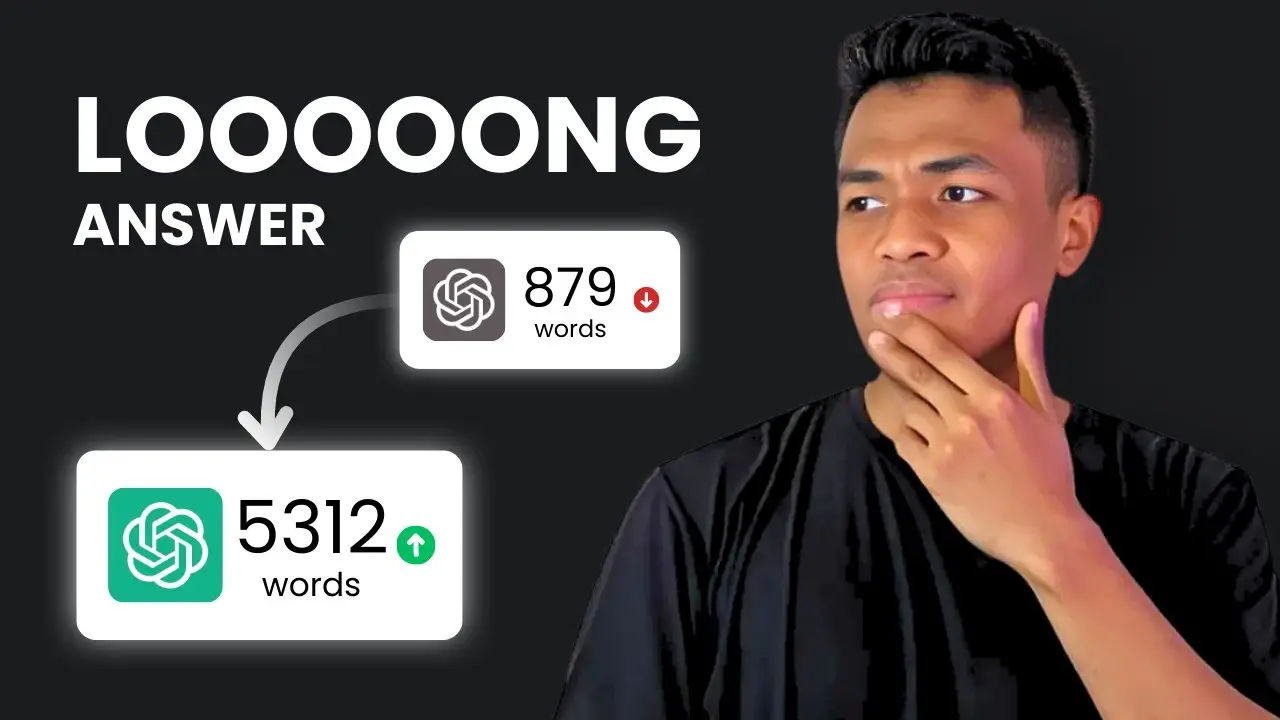Key takeaways:
- AI agents can handle keyword research, competitor analysis, and publish articles like a real assistant.
- You can automate SEO tasks with step-by-step prompts—no coding needed.
- AI agents aren’t perfect, but they save time and let you focus on bigger stuff. 🚀
Stuck doing the same SEO chores over and over? Yeah, me too. That’s why I started messing around with AI agents—those bots that don’t just spit out text, but actually do things for you, like clicking, scrolling, and even posting on your site.
In this post, I’ll show you how I use a free AI agent (Proxy) to do real SEO work. We’ll talk about what works, what breaks, and how you can try it yourself. If you want to automate keyword research, competitor snooping, and even content publishing, you’re in the right spot.
What Makes AI Agents Different From Regular AI Tools
So, AI agents aren’t just another ChatGPT or Gemini. Those tools can read text and answer questions, but they don’t interact with websites like a human. AI agents, though, can see the whole page—text, images, buttons—and actually click around, scroll, and fill out forms for you. It’s like having a virtual assistant who doesn’t sleep or complain about boring work.
The cool part? You can even have an AI agent use other AI tools. That means you can ask an agent to open ChatGPT, run a prompt, copy the answer, and paste it into your website. 🤯
Setting Up Proxy, the Free AI Agent
I picked Proxy because it’s free and easy. You just sign up, log in, and you get a simple chat interface. On the left, you see your chat history and some prompt templates. At the bottom, you’ll find prompts shared by other users—handy if you’re new to this stuff.
Proxy works by following step-by-step prompts. You don’t need to know any code. Just write out what you want, one step at a time, and the agent tries to do it.
Building a Step-by-Step SEO Workflow With AI Agents
Here’s the workflow I set up:
- Go to a keyword research site (Keyword Sheeter).
- Enter your seed keyword (mine was “electric bicycles”).
- Click to generate keyword ideas.
- Pick one keyword for a listicle article.
- Search Google for that keyword.
- Visit three non-ad sites and analyze their content.
- Figure out what’s missing or could be improved.
- Open an AI writing tool (ChatGPT or Perplexity).
- Generate a blog post prompt based on the research.
- Copy the AI’s response.
- Log in to my WordPress site (using a temporary login link, so I don’t share my real password).
- Create a new post, paste the content, and save it as a draft.
That’s the gist. You can tweak the steps for your own needs. The main thing is to be super specific. If you’re vague, the agent might get lost or do something weird.
Why You Need to Be Specific With Prompts
AI agents are smart, but not psychic. If you don’t tell them exactly what to click or where to paste, they’ll get confused. For example, on WordPress, you have to tell the agent to click the title field, then click the content area, then paste. If you skip a step, the agent might just stare at the page and do nothing.
What AI Agents Can Do for Your SEO
Here’s what I’ve managed to automate so far:
- Keyword research: The agent can pull ideas from tools like Keyword Sheeter or KIVA.
- Competitor analysis: It can browse top-ranking sites, check what they’re doing, and spot gaps.
- Content creation: The agent can use ChatGPT or other AI writers to draft posts.
- Publishing: It can log into your CMS, create drafts, and even save them for review.
Some agents, like Wordlift or Surfer AI, go further with structured data, technical audits, and even internal linking.
Table: What AI SEO Agents Can Automate
| Task | Example Tools | Human Needed? |
|---|---|---|
| Keyword Research | Proxy, KIVA | Sometimes |
| Competitor Analysis | Proxy, Surfer AI | Sometimes |
| Content Drafting | ChatGPT, Writesonic | Yes (review) |
| Publishing to CMS | Proxy | Sometimes |
| Technical SEO Audits | Wordlift, Surfer | Yes (review) |
What Breaks and What to Watch Out For
Now, real talk—AI agents aren’t magic. Sometimes they mess up:
- Website blocks: Some sites (even ChatGPT) can tell when a bot is visiting and will block the agent.
- CAPTCHAs: If a site asks “are you human?”, the agent can’t solve it. You’ll have to jump in and do it yourself.
- Formatting fails: Sometimes the agent pastes content in the wrong format, like markdown that doesn’t render right in WordPress.
- Session limits: Free accounts (like Proxy) only give you a handful of runs per day.
If you want the agent to log in somewhere, use temporary logins or safe credential features. Never give out your real password unless you trust the system.
How to Make AI Agents Work Better
- Break big tasks into smaller steps.
- Be as specific as possible in your prompts.
- Watch the agent’s progress—most tools let you see screenshots of what it’s doing.
- If it gets stuck, send a follow-up prompt or restart the session.
- Always review and edit the final content before publishing. AI can make mistakes, miss SEO basics, or just sound boring if you don’t check it.
Pro tip: Combine AI agent output with your own tweaks for the best results. AI is fast, but humans still win at creativity and nuance.
What the Experts Say About AI SEO Agents
AI agents are getting better at automating SEO, but they’re not fully independent yet. Most tools still need a human to check their work, fix formatting, or handle tricky logins. They’re awesome for speeding up boring stuff like keyword research, content briefs, and even technical audits, but don’t expect them to replace your whole SEO team overnight.
If you want to go deeper, check out tools like Surfer AI, Wordlift, KIVA, or Writesonic. Each one has its own strengths, from technical SEO to content planning and competitor research.
FAQs
How do AI agents help with SEO?
AI agents can automate keyword research, competitor analysis, content drafting, and even technical audits. They save time by doing repetitive tasks and can help you spot new opportunities faster.
Can AI agents publish content directly to my website?
Yes, with the right prompts and access, agents like Proxy can log into your CMS and publish or draft articles for you. Just use temporary logins or safe credential features to keep things secure.
What are the biggest limitations of AI agents for SEO?
AI agents can get blocked by CAPTCHAs, struggle with complex website layouts, or mess up formatting. They also need clear instructions and human review to avoid mistakes and bad content.
Do I still need to edit AI-generated content?
Absolutely. AI can make factual errors, miss SEO basics, or generate bland text. Always review and tweak the output before publishing to keep your content fresh and accurate.
Are there risks to automating SEO with AI agents?
If you rely only on AI, you might end up with low-quality or duplicate content, which can hurt your rankings. Use AI agents as helpers, not total replacements, and always add your own insights and checks.
That’s my real-world take on using AI agents for SEO. They’re not perfect, but they’re a game changer for automating the boring stuff. Try it out, tweak your prompts, and see how much time you can save. And hey, don’t forget to review before you hit publish! 😎






